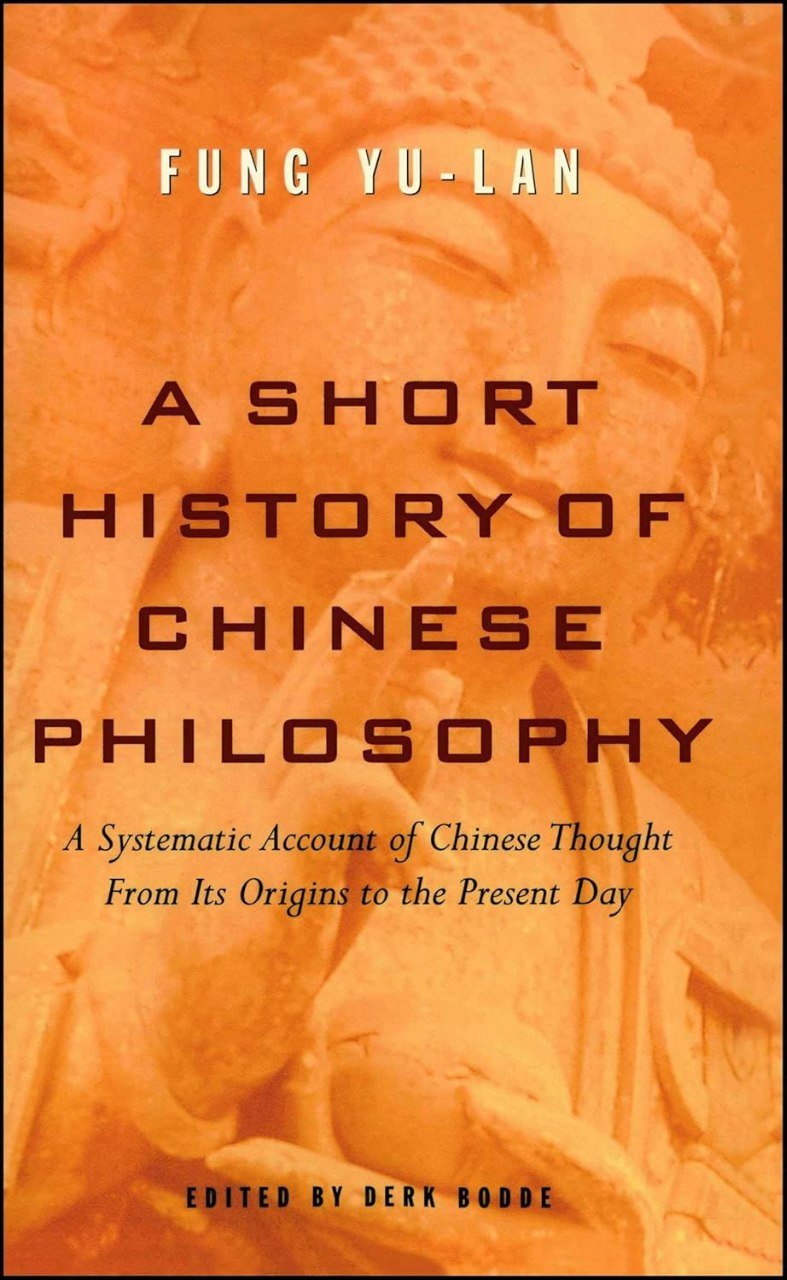

The Cambridge Companion to Feminism in Philosophy
Reviews
No review yet. Be the first to review this book!
Description
"The Cambridge Companion to Feminism in Philosophy" edited by Miranda Fricker and Jennifer Hornsby, is a comprehensive collection of essays that explores the intersection of feminism and philosophy. The book serves as an essential guide to understanding feminist thought in relation to various philosophical domains, providing insight into how feminist ideas have shaped, challenged, and enriched traditional philosophical discourse. The volume is structured to cover a wide range of topics within the philosophical tradition, each from a feminist perspective, and it brings together leading scholars to discuss how feminism interacts with and critiques various areas of philosophy, from epistemology and ethics to political theory and metaphysics. It seeks to demonstrate how feminist philosophy is not merely an extension of existing philosophical ideas but a transformative approach that introduces new frameworks for understanding knowledge, power, identity, and the body. One of the key themes explored in the book is feminist epistemology, which critiques traditional theories of knowledge and highlights the ways in which gender, power, and social context influence what is considered knowledge. Essays in this section investigate how the experiences of women and marginalized groups have been systematically excluded or devalued in the construction of knowledge and how feminist theorists have proposed alternative ways of understanding the acquisition and validation of knowledge. The book also delves into feminist ethics, discussing how traditional ethical theories, such as those of Kant, Mill, and others, have often neglected or misunderstood the role of gender in moral reasoning. Feminist ethicists bring attention to relational ethics, care ethics, and the importance of context in moral decision-making, challenging universalist frameworks that have historically marginalized women’s voices and experiences. Political philosophy is another critical area where feminist thought has made significant contributions. The essays examine feminist critiques of justice, equality, and the state, with a focus on how gender and other social categories affect power structures and influence concepts of rights and freedoms. Feminist political philosophers argue that political theory has often been shaped by patriarchal assumptions, and they propose more inclusive models of governance, citizenship, and political agency. Metaphysical discussions in the book explore feminist critiques of essentialism, identity, and the body, examining how philosophical ideas about the nature of women and gender have been historically shaped by binary thinking and reductive definitions. Feminist philosophers push for more nuanced and inclusive understandings of gender and the body, advocating for a view that acknowledges the complexity and fluidity of identity. The "Cambridge Companion to Feminism in Philosophy" also touches on the history of women in philosophy, addressing the exclusion of women from the philosophical canon and advocating for the inclusion of diverse voices. By reconsidering the contributions of female philosophers throughout history, the book highlights how feminist thought has been present, even when often overlooked, in shaping the philosophical landscape. In conclusion, "The Cambridge Companion to Feminism in Philosophy" is an indispensable resource for anyone interested in understanding the ways in which feminism intersects with and challenges traditional philosophical frameworks. By covering a broad spectrum of topics and bringing together leading scholars in the field, the book provides readers with a detailed and multifaceted view of feminist contributions to philosophy, illustrating how feminist thought has transformed and continues to enrich philosophical inquiry. It is an essential read for students, scholars, and anyone interested in the intersection of gender and philosophy.





















.jpeg)
















.jpg)





.jpg)


.png)




.jpg)


.jpeg)

.jpg)


.jpg)
.jpg)
.jpeg)












.jpg)

.jpg)
.jpeg)







.jpeg)




















































